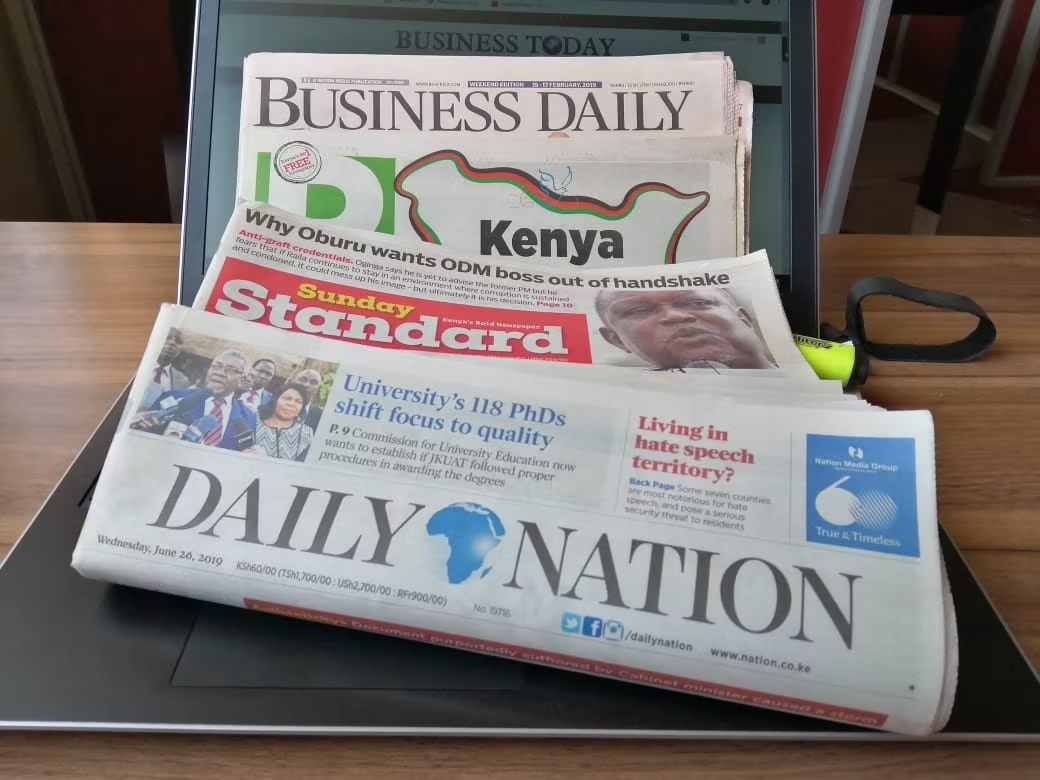Being a Journalist in Anglophone Africa: Perspectives from Kenya

Being a Journalist in Anglophone Africa: Perspectives from Kenya
A Dynamic but Pressured Media Landscape
Kenya is recognized for having one of the most dynamic media landscapes in Africa. As a rapidly growing economy, the country stands out for its structured, pluralistic, and active media sector.
However, behind this vitality lie many challenges: political influence, rapid digital transformation, and increasing pressure on information reliability.
At Clipse Africa, we regularly explore the realities of African media. Following our coverage of Francophone Africa (Ivory Coast, Cameroon, Gabon, Morocco…), we now turn our focus to East Africa, specifically Kenya.
Two Voices to Understand the Field
To better understand journalism in Kenya, we spoke with two recognized figures:
Paul Wafula – Investigative journalist at the Daily Nation, one of Kenya’s leading newspapers
Georgie Ndirangu – Multimedia journalist at the BBC, an international news outlet
Their testimonies offer complementary insights into the opportunities and constraints shaping journalism in Kenya.
Working Conditions of Kenyan Journalists
Georgie Ndirangu (BBC):
\"It depends on the media you work for, whether local or international. The difference often lies in the resources available. Does the newsroom have the financial means to ensure independent articles, free from political bias?\"
Paul Wafula (Daily Nation):
\"Kenya remains the most liberal country regarding media in East Africa. Working here is not very different from what is done in established democracies. Of course, there is sometimes government interference. Working conditions also depend on the media company and the position held. At my level, everything is fine.\"
Relations Between Journalists and Communication Agencies
G.N:
\"Communication agencies play a key role as they transmit most of the information coming directly from organizations. But the journalist’s role is not copy-pasting: they must analyze, interpret, and deliver information to the public.\"
P.W:
\"Relationships vary depending on context. Agencies are still useful intermediaries between journalists and content creators.\"
Online Media: Credibility and Competition
G.N:
\"Many traditional newspapers now have online platforms. But new 100% digital media are also gaining credibility and audience.\"
P.W:
\"Online media still need to improve to reach the credibility level of newspapers. The proliferation of fake news hasn’t helped.\"
A Sector in Transition
Kenyan journalism reflects the tension between editorial freedom, economic pressure, and digital transformation. While the country benefits from a more open media space than its neighbors, professionals must constantly adapt to maintain quality and independence in a changing environment.
Similar articles
Loading similar posts...
Subscribe to our Newsletter
Don't miss anything! Subscribe to our newsletter to receive the latest articles, tips, and news directly in your inbox.